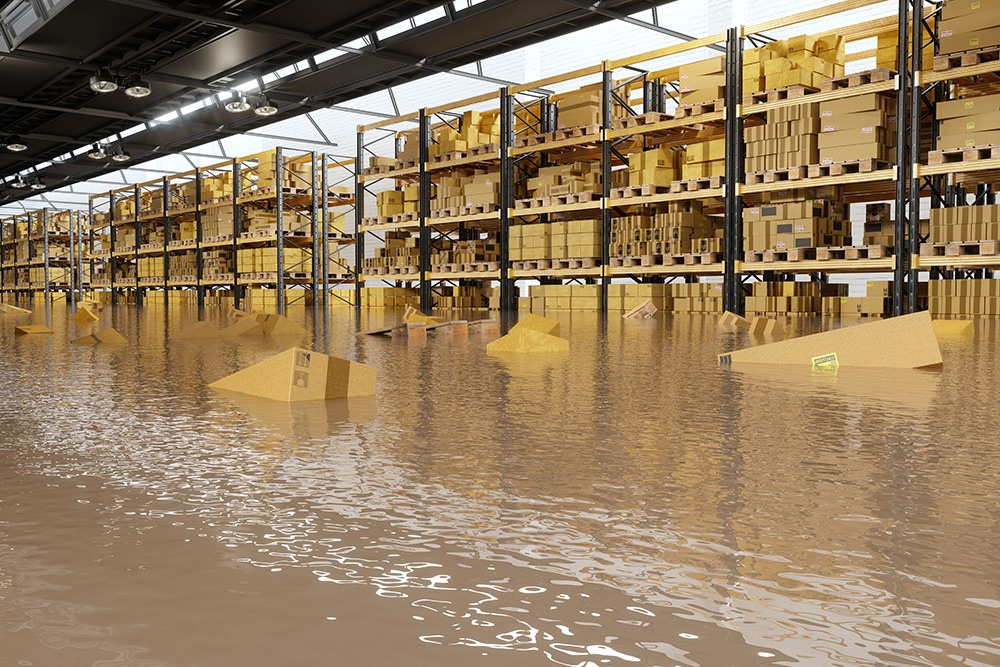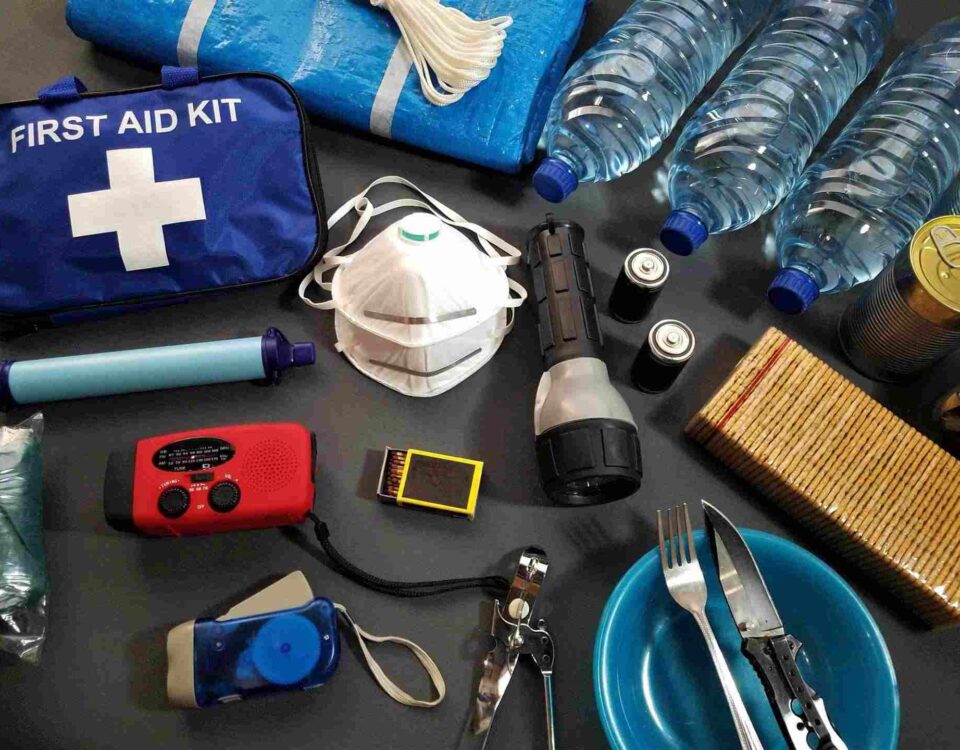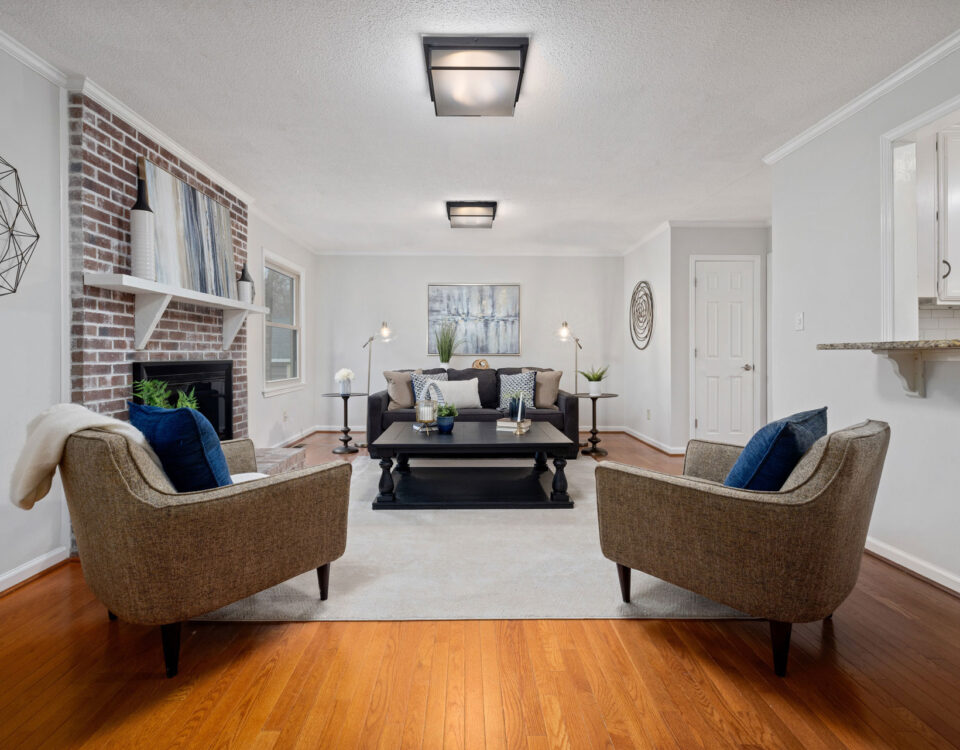Commercial Property Insurance: What Every Owner Should Know

Best Practices in Condo Association Management
April 25, 2021
Technology Trends in Construction Management
October 28, 2021If you buy your own property and open your own business, you’re going to need commercial property insurance. Commercial property insurance is required by law and helps to reduce your risk as a business owner in various scenarios. If you’re confused about what exactly commercial property insurance is or what it covers, this in-depth article is for you.
What is commercial property insurance?
Commercial property insurance covers your property. It covers the building you own, along with everything inside of it from damages due to unforeseen circumstances or errors. While it may seem straightforward, there are quite a few considerations that go into the coverage, and insurers offer many options when selecting the extent of your coverage.
Typically, a business owner has commercial property insurance for every and any item that applies to them. This is accomplished by taking a detailed inventory of what your business owns and stores on-site. If you don’t include an item in your commercial property insurance and something happens to it, it will not be covered leaving you to pay for the damages on your own. This can get very expensive very quickly.
Do I need commercial property insurance if I lease space in the building?
Leasing space to operate a business is a very common practice. If you fall into this category, you should check your lease to determine your obligation as it relates to commercial property insurance. Sometimes, your coverage will be provided through the property owner.
In most cases, however, the property owner will have coverage that only covers the building and their own belongings.
This means that most tenants will need to provide their own commercial property insurance in order to ensure their assets are fully insured. In this scenario, the tenant will typically not need to get coverage for the structure itself, and will only need to worry about the contents of their business.
What is covered in commercial property insurance?
While your specific coverage may vary based on the options you select, commercial property insurance can cover the following items in the case of damage.
- The exterior of your building: If damage occurs to the exterior of your building, your commercial property insurance will cover the damages. This typically includes damages from fire, water damage from burst pipes, theft, vandalism, and storm damage. Earthquakes and floods are usually separate items in your insurance coverage.
- The interior of your building: Similarly to the exterior of your building, the interior walls and floors of your building are covered from any damages from fire, water, theft, or vandalism.
- Tools, machinery, inventory, and personal property: Any of your property inside of the building is also covered with a commercial property insurance policy. As long as you make your assets clear and include them during your initial discussions with the insurance agent, the contents of your building will be covered as well.
- Signage or sidewalk signs: Signs can be expensive, and are one of the main ways you advertise and help people locate your business. They are also included in your commercial property insurance policy.
- Fences: Fences that surround and protect your business can also be covered by your policy.
- Maintenance equipment: If you own your own lawnmowers, snow blowers, power washers, or other expensive tools to maintain your business property, you should ensure they’re included in your policy.
- Loss of business due to physical loss: Contingent Business Interruption (CBI) insurance insures against lost business a company can endure due to physical damage that prevents them from conducting business out of their property. This can cover direct suppliers of goods or services as well as the direct receivers of goods and services of the insured.
- Ordinance or Law insurance: There are scenarios in which a local ordinance or law requires your business to be rebuilt or significantly modified. If a scenario presents itself where your building is no longer up to code and is required to be completely demolished and rebuilt, Ordinance or Law insurance will cover the cost of rebuilding as well as the cost of upgrading the property. Property insurance only covers the replacement value cost, and can leave you with a significant bill should this scenario occur.
- Assets or inventory in-transit and not located at your primary business location: If you have inventory that is not located at the insured business location, it will need Inland Marine Insurance. While the name may suggest this insurance is related to the ocean or water, this is only because it was initially devised as insurance for goods shipped overseas. It now refers to anything that needs to move from one site to another and is lost or damaged in transit. If a landscaping business has their trailer with thousands of dollars of lawn-maintenance equipment damaged or stolen, Inland Marine Insurance would cover this.
How do I know specifically what types of damages are covered in my policy?
Most insurance providers offer two types of property coverage for determining what damages your policy will cover. These are the “Named Perils” vs. “All Risks” insurance coverage options.
“Named Perils” commercial property insurance
A Named Perils property insurance policy will only cover damage caused by specific perils that are outlined in your contract. Any damage that occurs due to perils not included on the list will not be covered. There are typically 16 named perils in this type of insurance:
- Fire or lightning
- Windstorm or hail
- Explosion
- Riot or civil commotion
- Aircraft
- Vehicles
- Smoke
- Vandalism
- Theft
- Volcanic eruption
- Falling object
- Weight of ice, snow, or sleet
- Accidental water overflow or steam
- Sudden and accidental tearing apart, cracking, burning, or bulging of certain household systems
- Freezing
- Sudden and accidental damage from artificially generated electrical current
If you have a named perils insurance policy, and damage occurs to your business for a reason that is not explicitly listed here, it will not be covered.

“All Risk” or “Open Risk” commercial property insurance
An all risk or open risk insurance policy is the opposite of a named perils policy. It will cover any damages that are not specifically determined to be excluded from the insurance coverage. While these policies and what they exclude vary, there are some common damages that are excluded from most commercial property insurance policies such as:
- Earthquakes and landslides
- Floods
- War
- Nuclear damages
- Rust, corrosion and rot
- Rodents and insects
- Animals
- Normal wear and tear
- Frozen pipes due to vacancy or neglect
- Intentional loss
As mentioned, policies vary when it comes to the named exclusions in an all risk or open risk policy. If you live in an area that is particularly susceptible to a certain type of damage and need to be covered, be sure to bring it up with your insurance agent before accepting a policy.
How will I be paid in the event of damages?
Commercial property insurance will typically offer two different options for how the policy owner will be paid out in the event of damages.
- Replacement Costs: Replacement cost (RC) will get you the amount of money required to repair, rebuild, or replace your property with comparable materials without deducting costs for depreciation.
- Actual Cash Value: Actual cash value will (ACV) will get you the amount of money required to repair, rebuild, or replace your property with comparable materials with the cost of depreciation deducted.
The main difference here is that an ACV policy will cost slightly less because they are taking the cost of depreciation into account. This will leave you with less money than an RC policy in the event of damages, and may not be enough to replace your damaged equipment or goods without chipping in to bridge the gap from depreciation.
How are the costs for commercial property insurance calculated?
The premiums for your policy can vary greatly depending on a few main factors such as:
- Size of business and value of assets: One of the main considerations in a commercial insurance policy is the size of your business and the value of your assets. A small 2,000 square foot storefront selling clothes will require a much lower premium than a 50,000 square foot warehouse full of expensive computer parts.
- Location: The location of your business is a factor in your premium as well. If your insurance company knows your business is located in an area that frequently makes claims due to certain damages, you will be paying more for your policy.
- Condition of building: The condition of the building you own or rent space in will also make a difference in your premium. If the plumbing, electrical and HVAC systems are in poor condition, your premium will be higher than a newly built building that will likely not have any claims made for these systems.
- Occupancy: If your business has lots of employees or foot traffic, it will have different risks than a business with low foot traffic and fewer employees. It also refers to the type of business you are running. Insurance companies have data on different types of businesses and know which cost them the most for certain claims. This is factored into your policy.
- Protection: If you have gone to lengths to reduce your risk of certain damages, your policy should reflect this. This would refer to items installed by the owner such as security stems, sprinkler systems, and fire alarms. The more protection you’ve invested in, the lower your rates will be.
- Exposure: The type of neighborhood your business is located in is also taken into account. Similar to car insurance, a different zip code can mean a lower or higher rate based on the insurance company’s past experiences insuring in that area.
All of these factors will help determine the cost of your policy. On average, however, most insurance companies report businesses paying around $1,000-$3,000 per $1 million of coverage.
It’s better to be comprehensive
We’d like to end this article with a reminder that it’s always better to take a thorough inventory of your business and include more insurance than less. Commercial property insurance is your lifeline in the case of disaster, and can be the difference between your business surviving a crisis or not. A good insurance agent will help alert you to common damages in your area that you might not have thought of. Paying slightly more for insurance will give you the peace of mind that your business will be able to weather most any storm.
Of course, AVMRE is here to help. Contact us.



